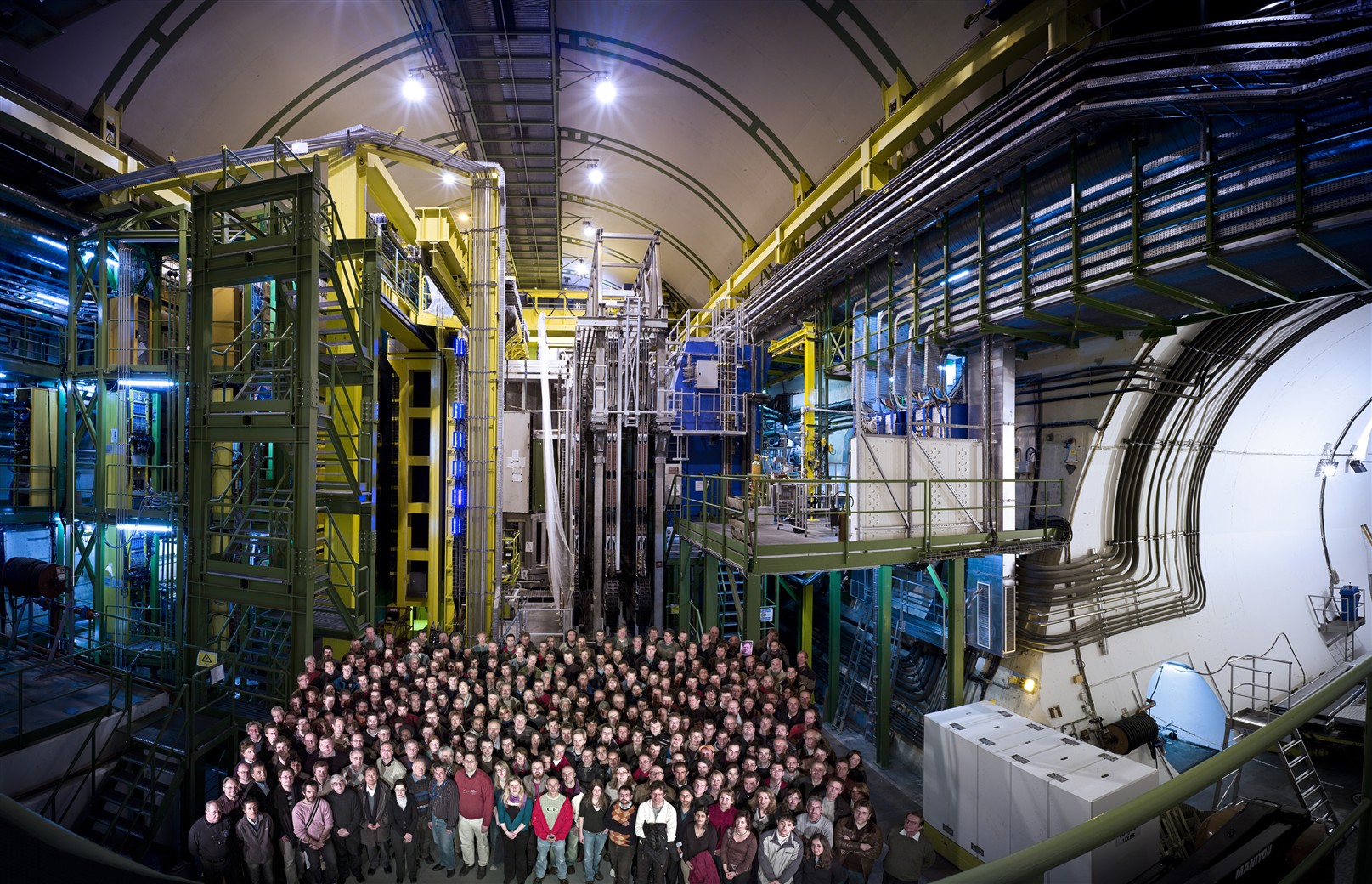Europe's Particle Physicists to Plan New Future Strategy

Get the world’s most fascinating discoveries delivered straight to your inbox.
You are now subscribed
Your newsletter sign-up was successful
Want to add more newsletters?

Delivered Daily
Daily Newsletter
Sign up for the latest discoveries, groundbreaking research and fascinating breakthroughs that impact you and the wider world direct to your inbox.

Once a week
Life's Little Mysteries
Feed your curiosity with an exclusive mystery every week, solved with science and delivered direct to your inbox before it's seen anywhere else.

Once a week
How It Works
Sign up to our free science & technology newsletter for your weekly fix of fascinating articles, quick quizzes, amazing images, and more

Delivered daily
Space.com Newsletter
Breaking space news, the latest updates on rocket launches, skywatching events and more!

Once a month
Watch This Space
Sign up to our monthly entertainment newsletter to keep up with all our coverage of the latest sci-fi and space movies, tv shows, games and books.

Once a week
Night Sky This Week
Discover this week's must-see night sky events, moon phases, and stunning astrophotos. Sign up for our skywatching newsletter and explore the universe with us!
Join the club
Get full access to premium articles, exclusive features and a growing list of member rewards.
European physicists, fresh from their announcement this week of progress toward finding the elusive Higgs boson particle, will meet next year to strategize for the future of particle physics.
Scientists at the European Organization for Nuclear Research (CERN) in Geneva, Switzerland, announced on Monday (Dec. 12) that they were closing in on the Higgs particle, thought to be responsible for giving other particles mass, through work at the world's largest particle accelerator there, called the Large Hadron Collider (LHC).
The CERN Council announced Thursday (Dec. 15) that it would hold an Open Symposium in Krakow, Poland, from Sept. 10-13, 2012, to update the European Strategy for Particle Physics. The last time physicists set a strategy like this was in July 2006.
"Particle physics is a long-term field of research that requires long-term vision," Tatsuya Nakada, scientific secretary to the European Strategy Session of Council, said in a statement. "With the LHC running well and results coming in, as well as promising prospects for a better understanding of non-LHC physics such as neutrino oscillations, now is the time to start preparing Europe's role in the future development of particle physics."
The Council will seek input from both European and non-European physicists, recognizing that "Europe's strategy forms part of a global whole," according to a CERN statement. The Council plans to solicit written statements from individual physicists as well as larger collaborations, along with funding agencies and science ministries, about physics topics and projects that deserve priority.
After conducting the Open Symposium and reviewing the submissions, the Council plans to hold a special session in Brussels, Belgium, in the summer of 2013 to adopt a new formal strategy.
Follow LiveScience for the latest in science news and discoveries on Twitter @livescience and on Facebook.
Get the world’s most fascinating discoveries delivered straight to your inbox.
 Live Science Plus
Live Science Plus











